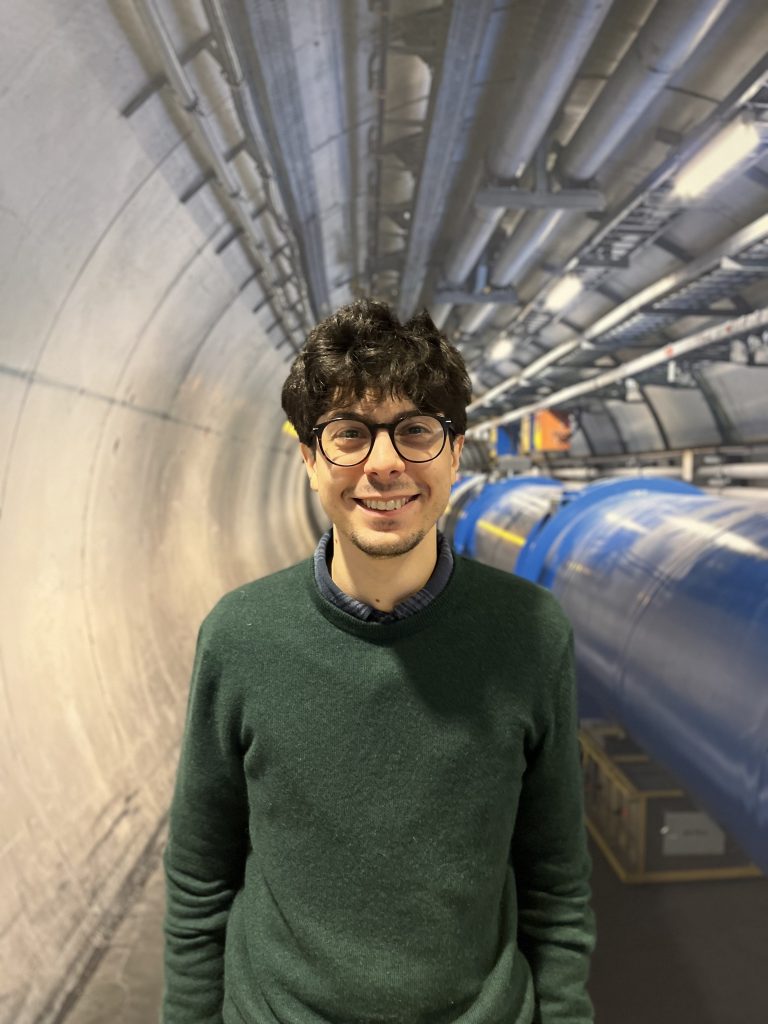Active in: PWGHF, Upgrade

Born and raised in the countryside near Turin, I pursued my studies in Turin, where I earned my Ph.D. in Physics in April 2024. During my Ph.D., I investigated the production of strange D mesons originating from both charm- and beauty-quark hadronization in various collision systems, ranging from pp to Pb–Pb. My research explored the mechanisms of heavy-flavor hadronization and potential effects associated with the formation of the Quark-Gluon Plasma (QGP), a strongly interacting state of nuclear matter thought to form in ultrarelativistic heavy-ion collisions. Given that heavy-flavor hadrons are rare probes, their analysis requires sophisticated strategies often based on Machine Learning. To address this challenge, I developed and applied Boosted Decision Tree algorithms to reduce combinatorial background, thereby increasing signal significance and achieving the first observation of Ds mesons originating from beauty-hadron decay in Pb–Pb collisions. I further explored the production mechanisms of charm hadrons by measuring, for the first time at the LHC, the production of excited strange D meson states. Additionally, I investigated the particle-identification capabilities of ALICE’s newly installed inner tracking system and muon forward tracker by analyzing the topology of signals left by charged particles traversing their silicon layers.
During my postdoc, I developed analysis code for Run 3 data, contributing to the observation of the first Ds meson signals in pp collisions. Currently, I am focused on measuring the azimuthal correlations of strange and non-strange D mesons in Pb–Pb collisions, across a range of multiplicities, to study the behavior of heavy quarks interacting with the QGP. I am also responsible for the Monte Carlo simulation code used by the heavy-flavor analyses group, which is essential for finalizing the analyses.
In my free time, I enjoy playing paddle, watching films, and read.
Contacts:
Office: 11/R-005
